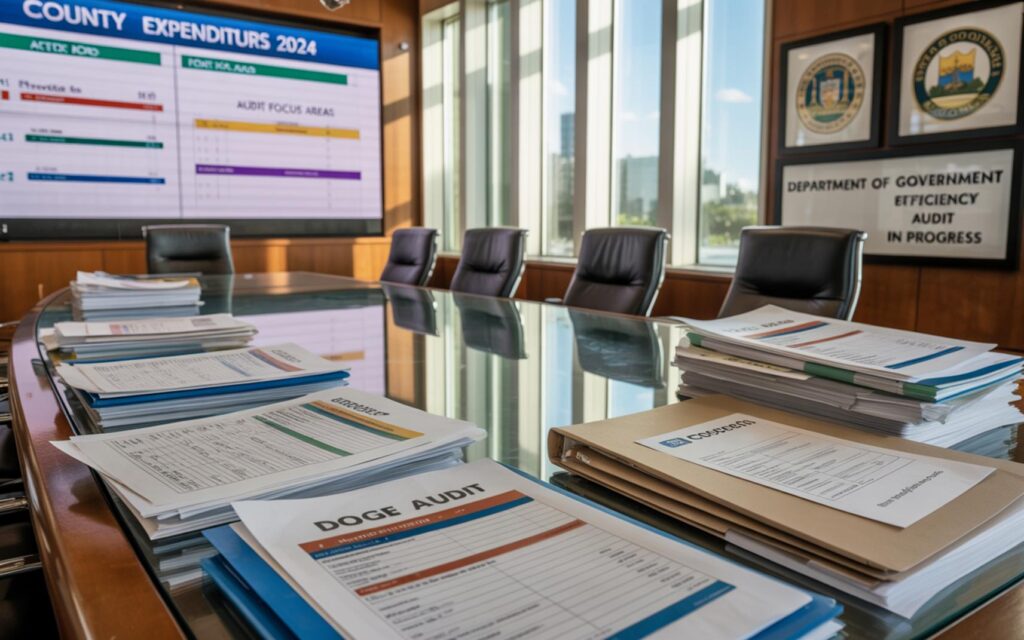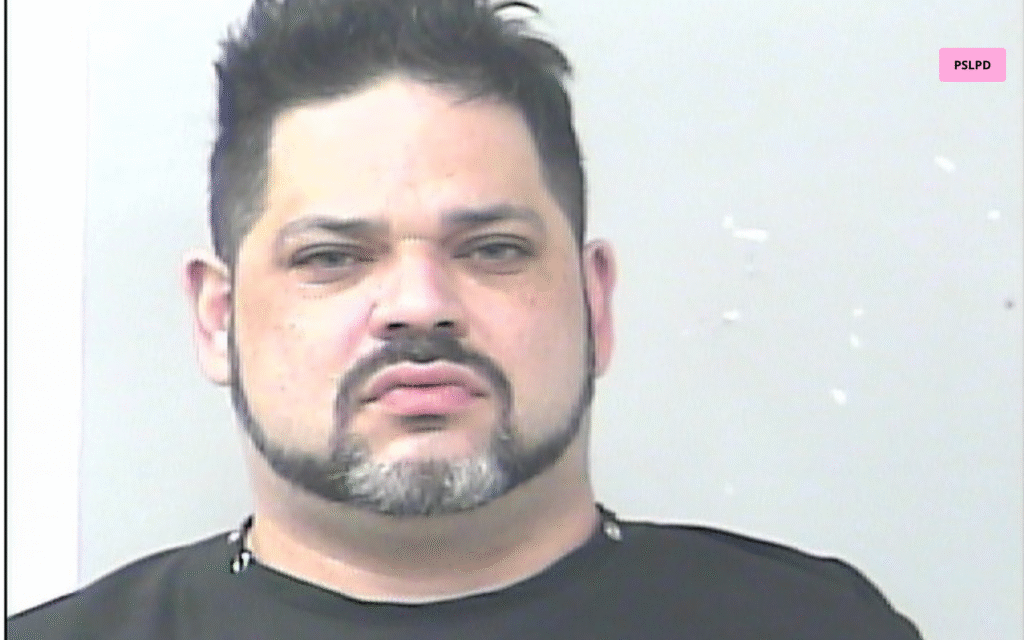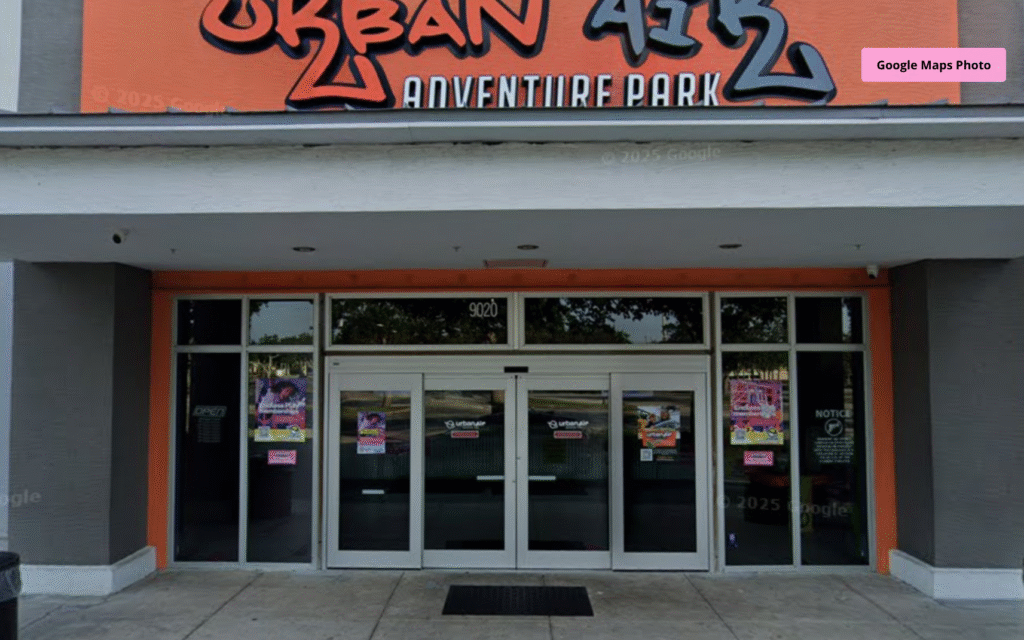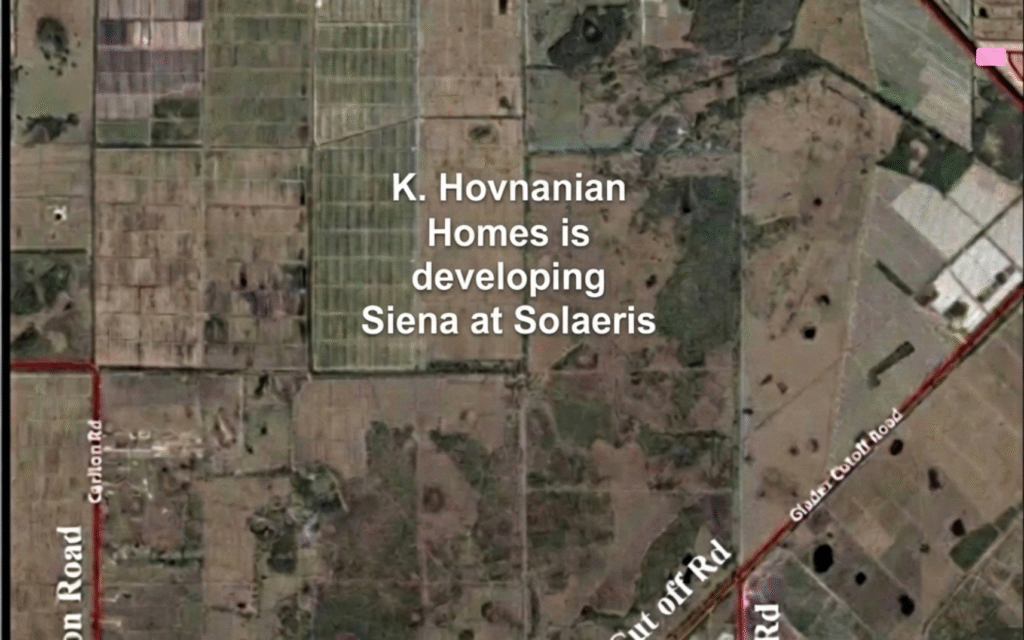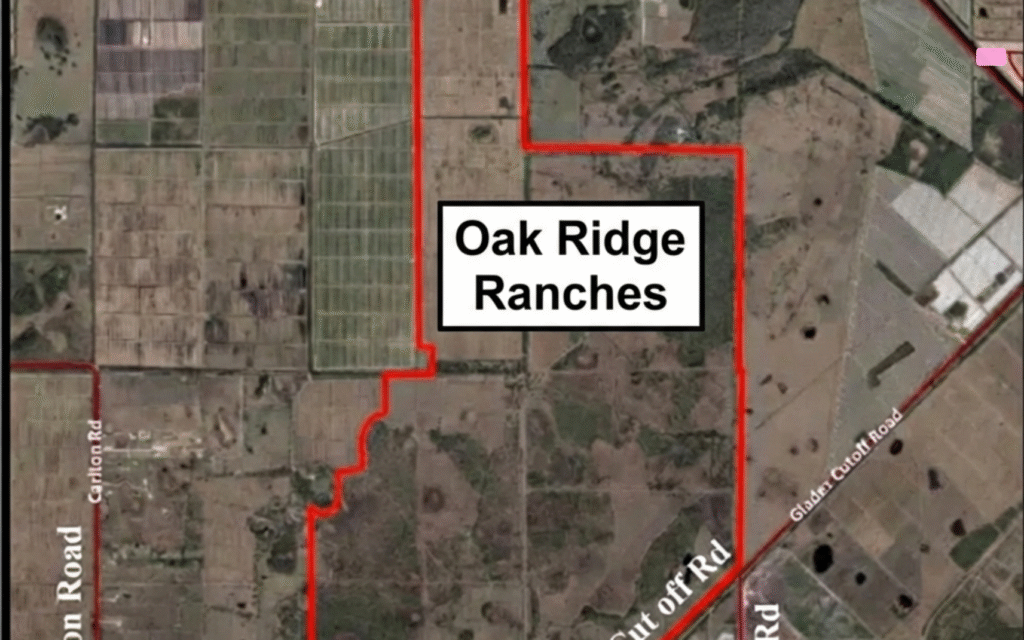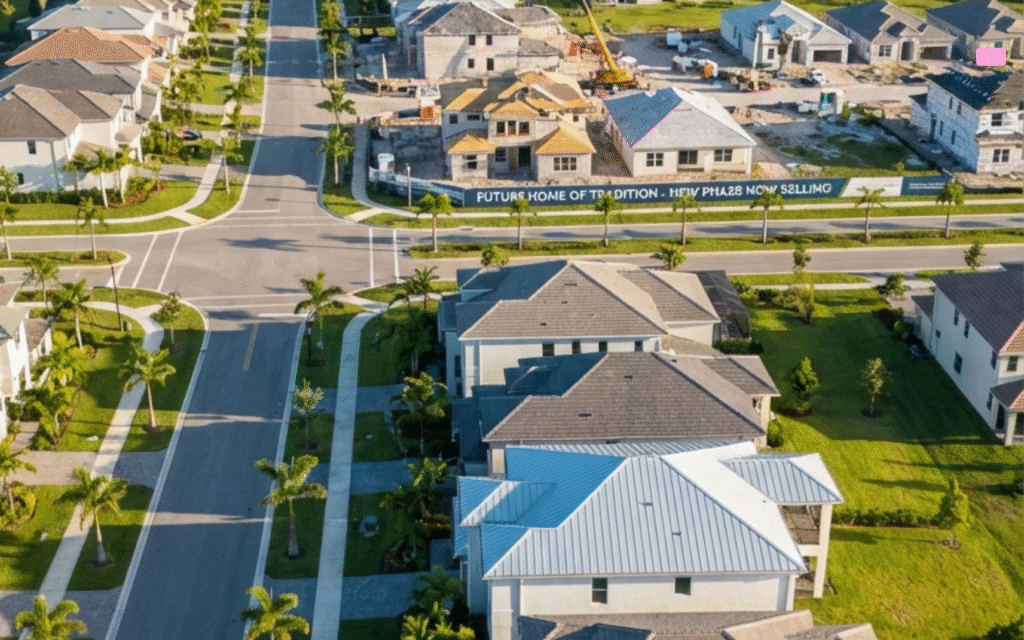The Department of Government Efficiency audit is underway in Palm Beach County, with the main focus on government spending, efficiency, and fiscal accountability. The Department of Government Efficiency, known as DOGE, was established in early 2025 by executive order to review local government finances throughout Florida, including all 39 cities in Palm Beach County.
Department of Government Efficiency Audit: Scope and Objectives
The Department of Government Efficiency audit aims to identify unnecessary spending, maximize efficiency, and increase fiscal accountability in counties and municipalities. According to DOGE, the audit covers a broad range of government activities and programs, including:
- Diversity, equity, and inclusion (DEI) programs
- Homeless services
- Affordable housing initiatives
- Sustainability projects
- Personnel compensation
- Infrastructure spending not directly tied to essential services such as water or policing
DOGE’s process involves on-site visits, interviews with staff, and a detailed examination of contracts, budget reports, and internal financial records. The department has issued multiple statewide data requests, requiring counties to submit revenue and expenditure data for fiscal years 2020–21 through 2023–24.
Palm Beach County’s Response to the Department of Government Efficiency Audit
Palm Beach County and its 39 cities have fully complied with DOGE’s requests for detailed financial data. Local officials have reported that fulfilling these requests is time-consuming and has placed a strain on staff resources. Some municipalities have spent dozens of staff hours gathering and submitting the required information to meet state mandates.
Despite concerns about the burden and redundancy of the audit process, Palm Beach County governments continue to cooperate. The Florida Association of Counties is actively supporting local governments, providing guidance, and advocating for clarity and fairness in the audit process.
Key Areas of Scrutiny in the Department of Government Efficiency Audit
The Department of Government Efficiency audit is reviewing several specific areas of spending and policy. According to DOGE, the audit closely examines:
- Growth in personnel costs and compensation
- Investments in affordable housing and homeless services
- Funding for DEI and sustainability projects
- Infrastructure spending not directly linked to core services
Since 2021, Palm Beach County taxes have increased by approximately 36%. DOGE is demanding detailed explanations and documentation for how these additional funds have been used. The department’s review includes thousands of pages of contracts and financial records, as well as interviews with local government staff.
Enforcement and Compliance Measures
Senate Bill 2502, effective July 2025, authorizes the Governor’s Office of Policy and Budget to enforce compliance with the Department of Government Efficiency audit. This includes the authority to fine non-compliant counties $1,000 per day. According to official sources, all Palm Beach County municipalities have complied with DOGE’s data requests to date.
The audit process is ongoing, and findings are scheduled to be reported to the Governor and Legislature by January 2026. Details may be updated as the investigation continues and additional information becomes available from official sources.
Support and Criticism of the Department of Government Efficiency Audit
Supporters of the Department of Government Efficiency argue that the audit increases transparency and exposes wasteful or redundant spending. DOGE has claimed nearly $1 billion in identified savings statewide, though independent verification of these figures is not yet available.
Critics, including local government officials and associations, argue that much of the recent budget growth is due to inflation, rising labor costs, and population increases, rather than waste or fraud. There is ongoing debate about whether the audits represent a genuine effort at fiscal responsibility or a politically motivated intervention in local governance.
Ongoing Impact and Next Steps
The Department of Government Efficiency audit remains active in Palm Beach County and across Florida. Further audits and potential legislative reforms are expected as the state reviews the results and recommendations from DOGE. The Florida Association of Counties continues to support local governments throughout this process.
Frequently Asked Questions About Department of Government Efficiency Audit
What is the Department of Government Efficiency audit in Palm Beach County?
The Department of Government Efficiency audit is a statewide review of local government spending, launched in 2025. It focuses on identifying unnecessary spending and improving fiscal accountability in counties like Palm Beach.
How much has Palm Beach County spent on programs reviewed by DOGE?
Exact spending figures are under review as part of the audit. DOGE is examining detailed financial data from fiscal years 2020–21 through 2023–24 to determine how funds were used.
Are there penalties for not complying with the Department of Government Efficiency audit?
Yes, Senate Bill 2502 allows the Governor’s Office of Policy and Budget to fine non-compliant counties $1,000 per day. Palm Beach County and its cities have complied with all DOGE requests so far.
Can you find information about the Department of Government Efficiency audit results?
Findings from the audit are scheduled to be reported to the Governor and Legislature by January 2026. Updates will be provided as official reports become available.
Where are Department of Government Efficiency audits taking place?
The audits are being conducted across Florida, including Palm Beach County and its 39 cities. DOGE is reviewing financial data from counties and municipalities statewide.

